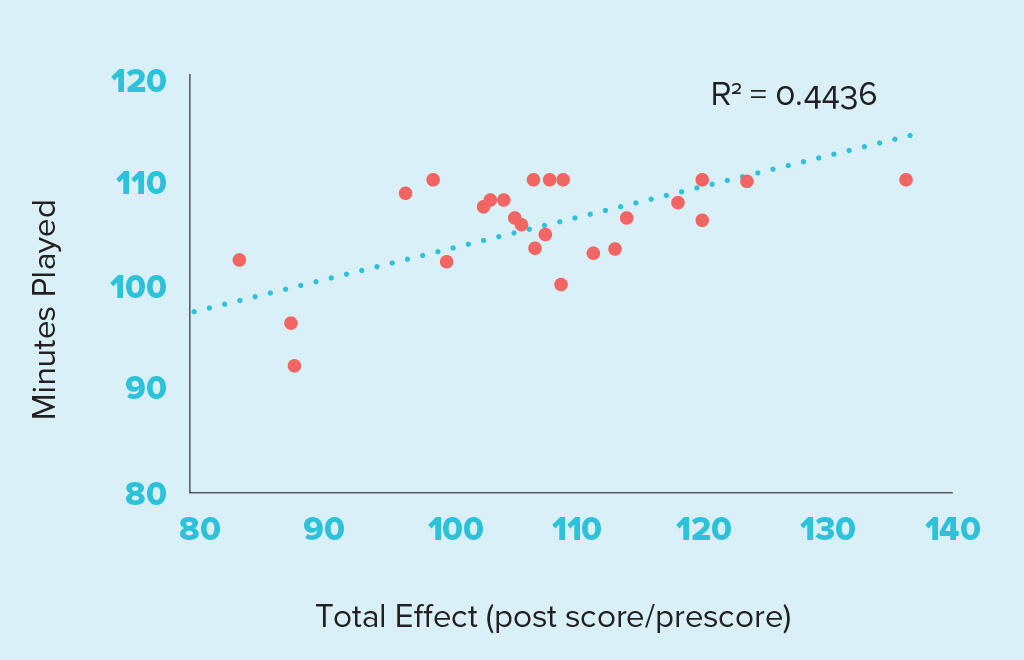Archival issues of the ATA Magazine can be just as relevant now as they were when originally published,
or they can remind us how far we’ve come. You decide.
Check out these items from the November 1980 issue of the ATA Magazine, which focused on teachers in their first year of practice.
"The first year of teaching is an excellent time to begin the creation of one's philosophy, if previously one has been kept from the task.
This year is especially difficult, but as one is still fairly open, the difficulties can be used to raise the questions which can water the natural philosophic seed. Why is this not working as I had expected? What am I trying to achieve anyway? And off we go, since the question of just what, fundamentally, the purpose of education is constitutes the central question of educational philosophy and the centre where all types of education questions meet."
— Foster N Walker,
“Is Deterioration Inevitable?”
"A paradoxical situation is hauntingly prevalent in today's schools. Beginning teachers are generally better prepared and more sophisticated than their counterparts of a decade ago. At the same time, neophytes are being bamboozled and pressured into accepting a supposed educational trend based upon such linchpins as accountability, back-to-the-basics, Canadiana, prescribed content, behavioural psychology, and standardized examinations. It does not take an educational wizard to realize that progressive and creative teachers, particularly beginning teachers, are caught in a professional dilemma of the greatest magnitude. What are they to do?"
— Fred Schoenrock,
“Five Reasons to Teach”

"My advice to any new teacher entering the profession is throw out all the rule books. The permissiveness of the 60s and the apathy of the 70s have been replaced by the nihilism of the 80s — and the teaching profession is on the receiving line. Get to know the attitudes, the life styles, and the reactions of the so-called non-academic students first, and you may stand a better chance of coping with the challenging new world of the young in general."
— Cy Groves, “Coping With The Children Of The Directionless 80s”



